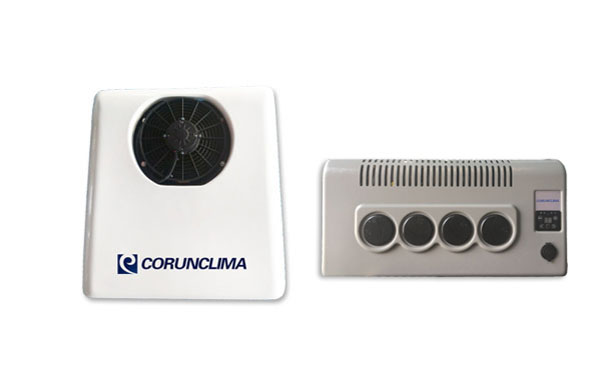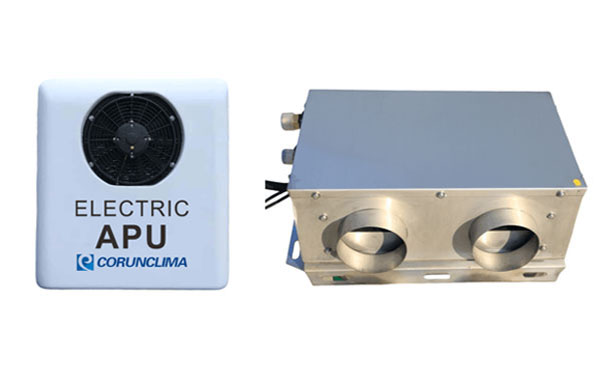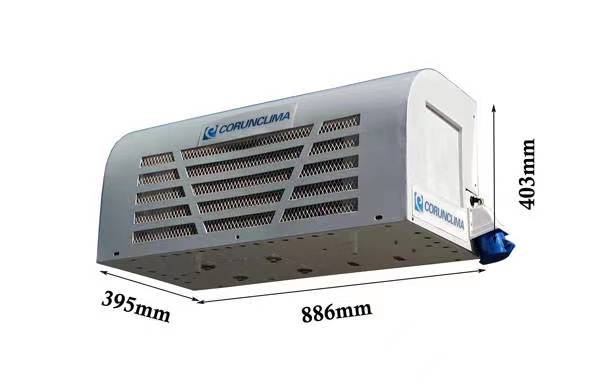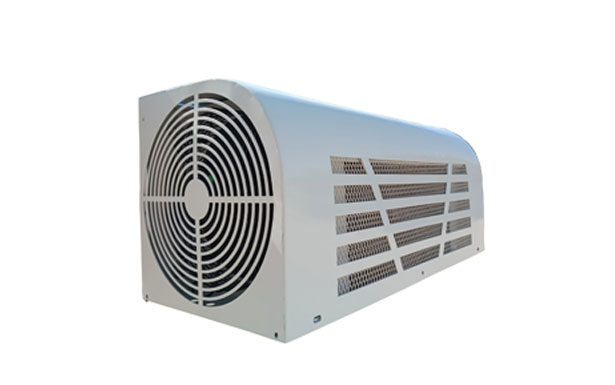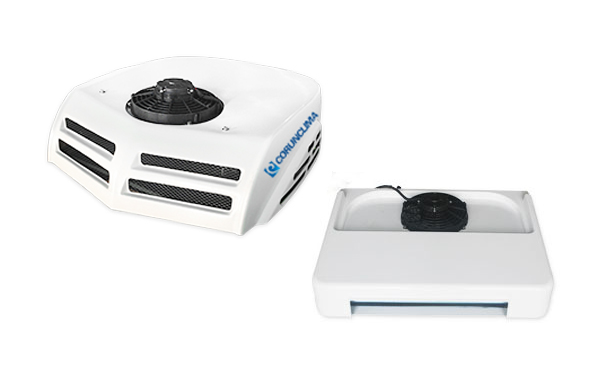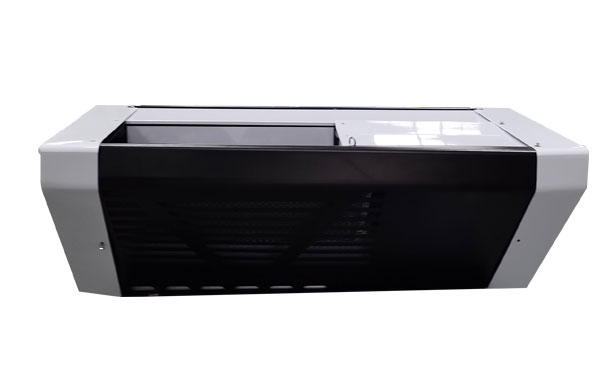What Reasons May Damage The Compressor?(2)
Author:Corun Date:2020/03/13
Refrigerant-Oil Relationship
To correctly analyze system malfunctions, and to determine if a system is properly protected, a clear understanding of the basic refrigerant-oil relationship is essential.
In refrigeration compressors, oil and refrigerant mix continuously. Refrigeration oils are soluble in liquid refrigerant and at normal room temperatures they will mix completely.
Since oil must pass through the compressor cylinders to provide lubrication, a small amount of oil is always in circulation with the refrigerant. Oil and refrigerant vapor do not mix readily, and the oil can be properly circulated through the system only if gas velocities are high enough to sweep the oil along.
If refrigerant velocities are not sufficiently high, oil will tend to lie in the bottom of the evaporator tubing, decreasing heat transfer and possibly causing a shortage of oil in the compressor.
As evaporative temperatures are lowered, this problem becomes more critical, since the viscosity of the oil increases with a decrease in temperature. For these reasons, proper design of tubing is essential for satisfactory oil return in a refrigeration system.
One of the basic characteristics of a refrigerant-oil mixture in a sealed system is the fact that refrigerant is attracted by the oil and will vaporize and migrate through the system to the compressor, even though no measurable pressure difference exists to cause the movements
TAG: refrigeration compressors
Prev Article:Customer Feedback to electric refrigeration unit
Next Article:What Reasons May Damage The Compressor?(1)
.png)





